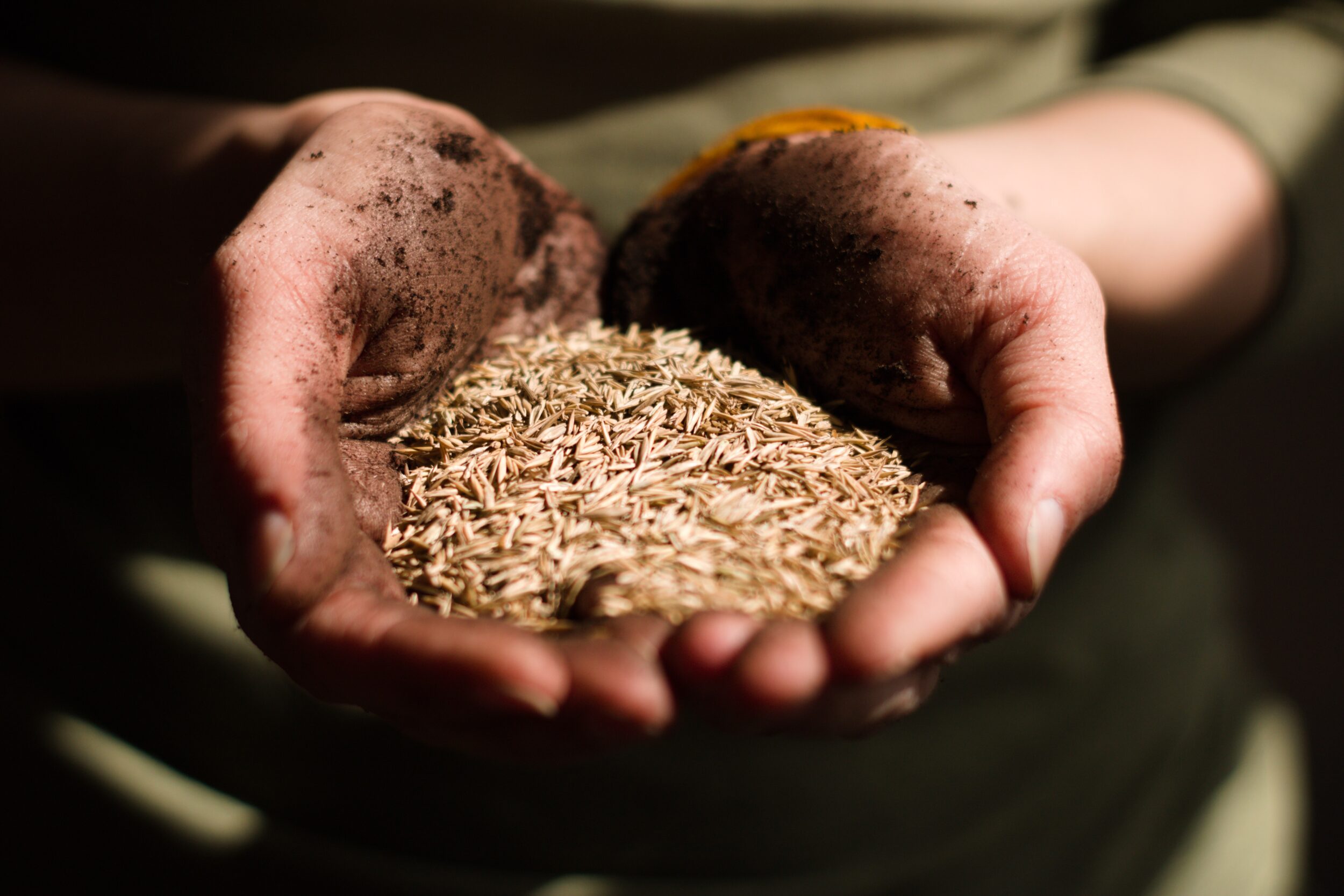ECOSOC at 80: Renewing Multilateralism in an Age of Global Uncertainty
On 23 January, the United Nations Economic and Social Council (ECOSOC) convened a commemorative session…

The Food and Agriculture Organization of the United Nations (FAO) put the global hunger figure for 2021 between 702 and 828 million people (with a point estimate of 768 million) (FAO et al., 2022). This means that large populations of people across the globe, particularly in low-income countries, suffer from excruciating hunger, poverty, and food insecurity. This exposes people to unsafe food thereby making them susceptible to disease and illness. This impresses upon us the intricate relationship between food security and food safety.
Food standards are also vital for creating a level-playing and fair field for food trade – something that is a pivotal factor in safeguarding food security globally. International trade in food is important also because it compensates for lack of a particular item in a particular country at any given time. It also provides a cushion against factors such as climate change exacerbated in the aftermath of a global pandemic.
It is no secret that nations have their own regulations and laws when it comes to food. However, disparities and differences between these laws among nations could lead to a disruptive trade flow between nations, thereby negatively impacting food security. And this is why Codex Alimentarius becomes important.
The Food and Agriculture Organization website defines “The Codex Alimentarius”, or “Food Code”, as “a collection of international standards, guidelines, and codes of practice to protect the health of consumers and ensure fair practices in the food trade.” In essence, Codex standards, in line with scientific and technical knowledge, are the worldwide benchmark used to standardize national food safety regulations and are recognized as the international reference point for food safety.
It is in this context that the IAFN coalition held the following session during the FAO Science and Innovation Forum in October: “Improving Codex Alimentarius processes to support the application of science and innovation for food safety.” The session brought together an eclectic mix of panellists and experts to weigh on the challenges and potential improvements needed to enhance Codex to promote food security and safety worldwide. Interestingly, this year also marks 60 years of Codex Alimentarius and what better way to commemorate the event than to deliberate on finding solutions to some of the most pertinent food safety challenges for the next 60 years.
The event, though largely aimed at deliberating potential improvement of Codex processes, also dove into the science of Codex and its role in promoting innovation/tools for farmers and facilitating trade. In addition, the panellists shared insights on how existing regulations limit farmers’ access and how trade can be simplified and made widely accessible to large swathes of farmers with the final aim of enhancing food security in line with the FAO Strategic Priorities for Food Safety (action A1.1).
Watch the event recording here.